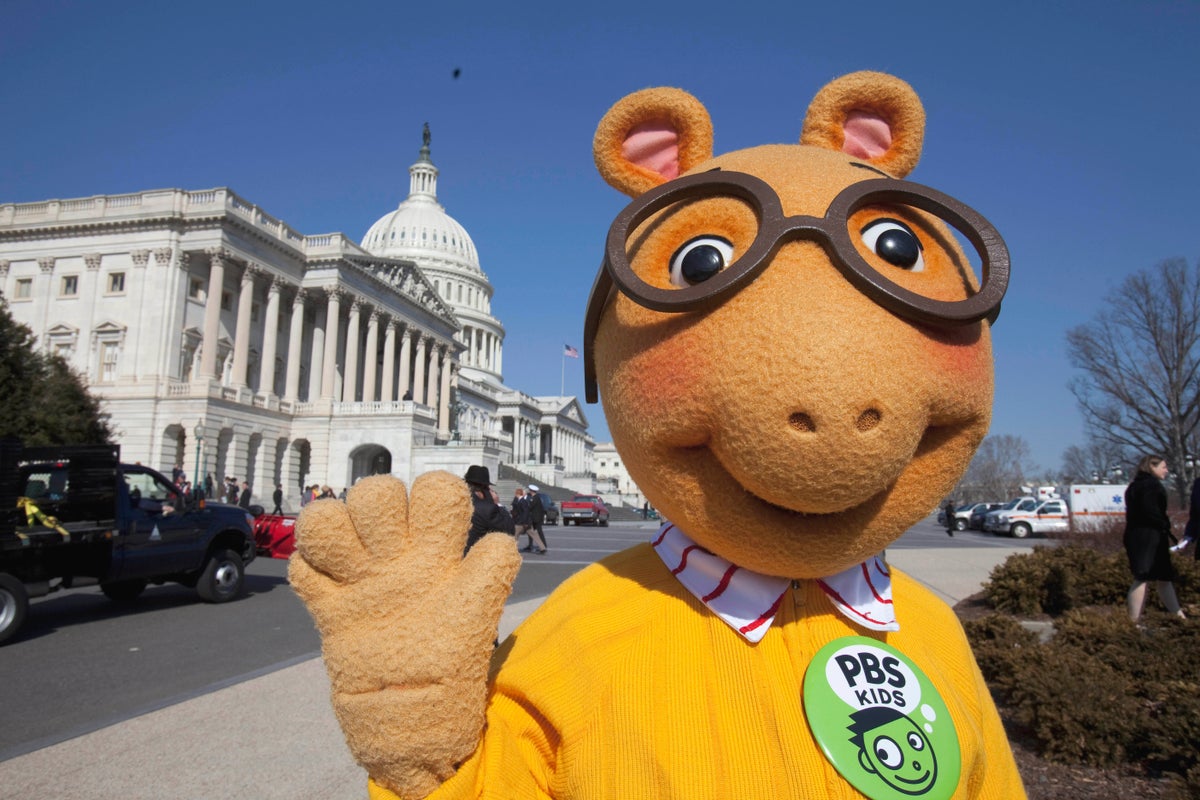
Each day, PBS programming fills the airwaves of Alabama Public Television with shows such as “Sesame Street,” “Daniel Tiger’s Neighborhood,” “Antiques Roadshow” and “PBS Newshour.” Alabamians could lose access to those programs on state airwaves if the Alabama Educational Television Commission opts to become the first state network to sever ties with PBS.
The Alabama commission last month discussed the possibility of dropping PBS and is expected to discuss the matter again its Nov. 18 meeting.
The possibility comes after President Donald Trump and Congress in July withdrew funding for the nonprofit The Corporation for Public Broadcasting, which provides grants to public radio and television, and as some state commissioners accused PBS of being an unneeded expense or politically biased.
“We have to figure out what our options are,” said Ferris W. Stephens, the chairman of the commission. “Before we decide those things, I just think we need a lot more information.” Stephens said he does not expect a vote at the November meeting.
Alabama Public Television Executive Director Wayne Reid said some commissioners asked him to research the possibility and ramifications of ending the contract with PBS. Ending the affiliation would cause APT to lose access to popular programs such as “Sesame Street” and “PBS NewsHour”, as well as its ability to distribute content on streaming platforms. Reid said the state network would have to buy other programming to replace it.
“If we cut ties, all of that would be gone. Right now, we’re doing a ton of research. Everybody here is working on what it would take to replace the things that are affected by PBS,” Reid said.
Reid said he was also asked to research if they could keep PBS but drop the news programs “PBS NewsHour” and “Washington Week.” Reid said the decision ultimately belongs to the commission.
No other statewide network has cut ties with PBS to date, a spokesperson for PBS confirmed.
The possibility prompted a backlash from Alabama public television viewers and donors.
Jennifer Greer, a retired writer and educator, is one of the volunteers helping to mount a postcard campaign to urge the state to keep the PBS affiliation. Preschoolers, students and adults across the state benefit each day from PBS programs, she said.
“When you take one of the most effective tools in the public education toolkit, and you defund it and you make it so only the wealthy can afford it, that’s just responsible. That’s a step backward,” Greer said.
Petitions and posts were shared across social media urging people to “Save PBS for Alabama Children” urging people to attend the upcoming meeting.
The Corporation for Public Broadcasting provided about $2.8 million for Alabama Public Television although the money is not directly used to purchase PBS programming. Alabama Public Television pays about $2.2 million to purchase PBS programming. The amount was discounted after the federal funding cut.
Greer and others said they are concerned that dropping PBS would put Alabama Public Television in a downward financial spiral. Public media gets a substantial part of its funding from memberships and donations. “If we separate from PBS, our contributions are going to plummet, and that could jeopardize the stability of the whole operation,” she said.
Commissioners were divided at an Oct. 28 meeting, according to the Alabama Reflector and al.com.
“I just, I don’t want to fund it, PBS has made themselves the enemy of what I stand with, and so I do not like them, and I don’t follow the philosophy of feeding the beast,” commission member Les Barnett said during the meeting according to the Alabama Reflector. Barnett did not return an email from The Associated Press.
J. Holland, another commission member, said he is interested in exploring if the state can begin buying PBS programming on an a la carte basis, picking some shows but not others. The current PBS contract does not allow that.
Pete Conroy, another commission member, said they should keep PBS. He said he is concerned that some commissioners are “acting politically.”
“I know how much PBS programming is used in our public schools, private schools and churches. It’s always about the kids. These children need to be lifted up with this kind of programming,” Conroy said.
